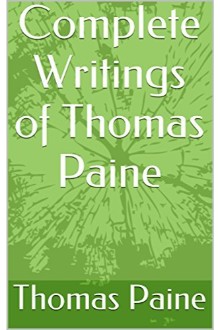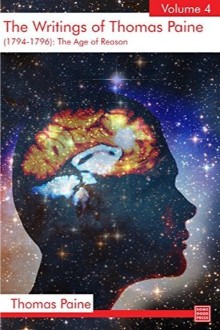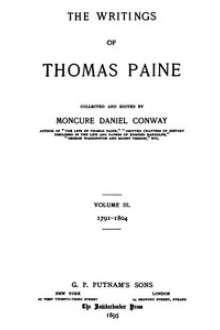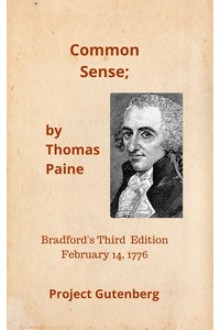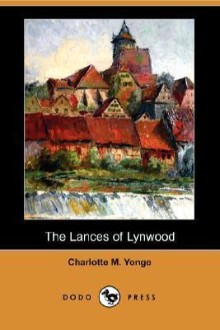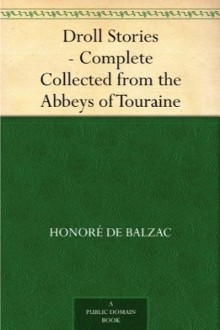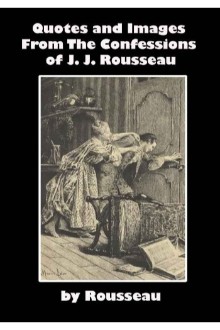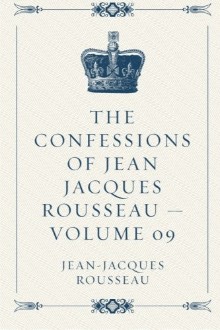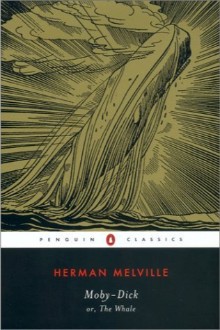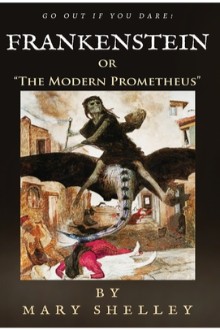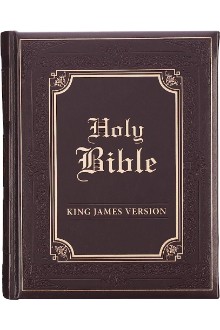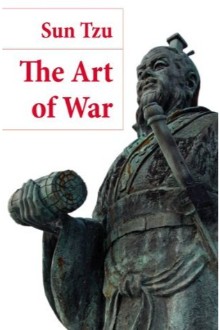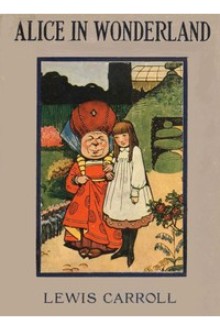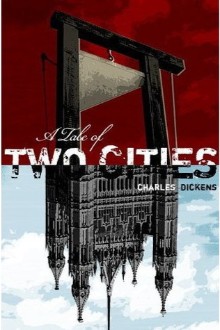The Writings of Thomas Paine, Complete by Thomas Paine
Moncure Daniel Conway (March 17, 1832 November 5, 1907) was an American abolitionist, Unitarian clergyman, and author.
Conway was born of an old Virginia family in Falmouth, Stafford County. His father was a wealthy gentleman farmer, a slaveholder, and county judge whose home, known as the Conway House, still stands in Falmouth at 305 King Street (aka River Road) along the Rappahannock River. Conway’s mother was a homemaker and homeopathic physician. Both parents were Methodists, his father having left the Episcopal church, his mother the Presbyterian. Moncure’s later opposition to slavery came from his mother and from his boyhood experiences. His father and three brothers remained staunchly pro-slavery. As a youth he himself briefly took a pro-slavery position, under the influence of a cousin, the Richmond editor John Moncure Daniel.
He graduated at Dickinson College in 1849, studied law for a year, and then became a Methodist minister in his native state. In 1852, thanks largely to the influence of Ralph Waldo Emerson, his religious and political views underwent a radical change, and he entered the Harvard University school of divinity, where he graduated in 1854. Here he fell under the influence of “transcendentalism”, and became an outspoken abolitionist. After graduation from Harvard University, Conway accepted a call to the First Unitarian Church of Washington, D.C., where he was ordained in 1855, but his anti-slavery views brought about his dismissal in 1856.
Thomas Paine (February 9, 1737 [O.S. January 29, 1736] June 8, 1809) was an English-American political activist, philosopher, author, political theorist and revolutionary. As the author of two highly influential pamphlets at the start of the American Revolution, he inspired the Patriots in 1776 to declare independence from Britain. His ideas reflected Enlightenment-era rhetoric of transnational human rights. He has been called “a corsetmaker by trade, a journalist by profession, and a propagandist by inclination”.
Born in Thetford, England, in the county of Norfolk, Paine emigrated to the British American colonies in 1774 with the help of Benjamin Franklin, arriving just in time to participate in the American Revolution. His principal contributions were the powerful, widely read pamphlet Common Sense (1776) that advocated colonial America’s independence from the Kingdom of Great Britain, and The American Crisis (177683), a prorevolutionary pamphlet series. Common Sense was so influential that John Adams said, “Without the pen of the author of Common Sense, the sword of Washington would have been raised in vain.”
Paine lived in France for most of the 1790s, becoming deeply involved in the French Revolution. He wrote the Rights of Man (1791), in part a defence of the French Revolution against its critics. His attacks on British writer Edmund Burke led to a trial and conviction in absentia in 1792 for the crime of seditious libel. In 1792, despite not being able to speak French, he was elected to the French National Convention. The Girondists regarded him as an ally. Consequently, the Montagnards, especially Robespierre, regarded him as an enemy.
In December 1793, he was arrested and imprisoned in Paris, then released in 1794. He became notorious because of his pamphlet The Age of Reason (179394), in which he advocated deism, promoted reason and freethinking, and argued against institutionalized religion in general and Christian doctrine in particular. He also wrote the pamphlet Agrarian Justice (1795), discussing the origins of property, and introduced the concept of a guaranteed minimum income. In 1802, he returned to America where he died on June 8, 1809. Only six people attended his funeral as he had been ostracized for his ridicule of Christianity.

